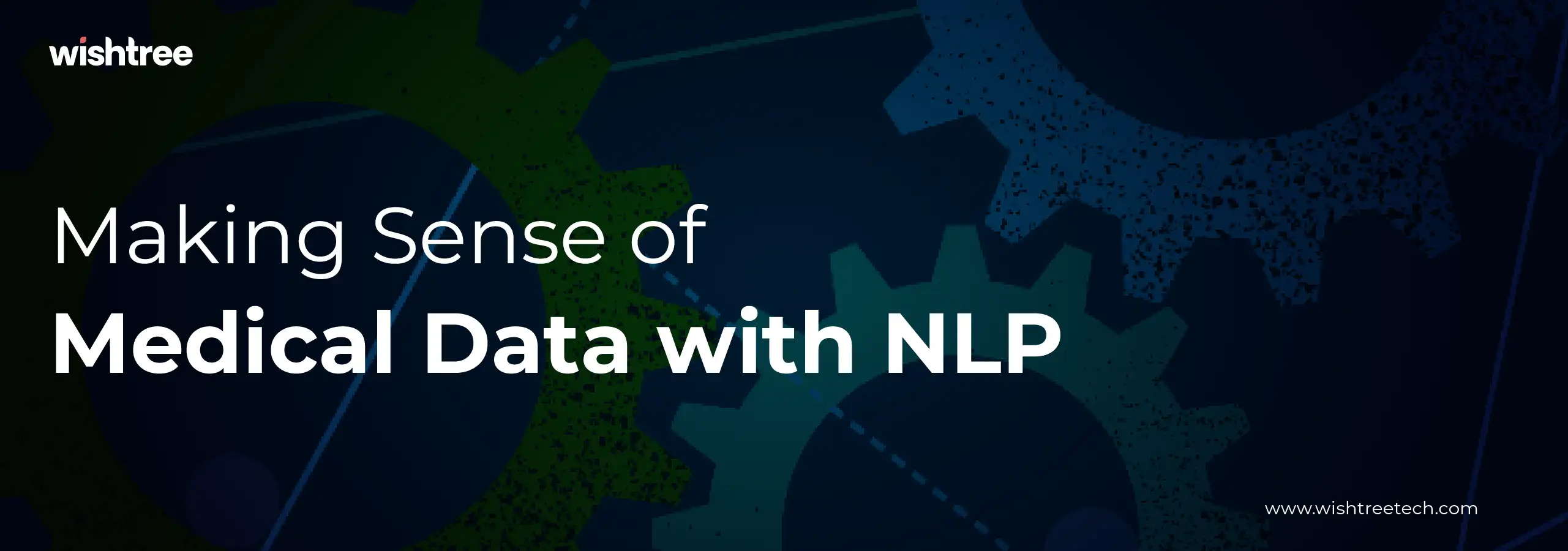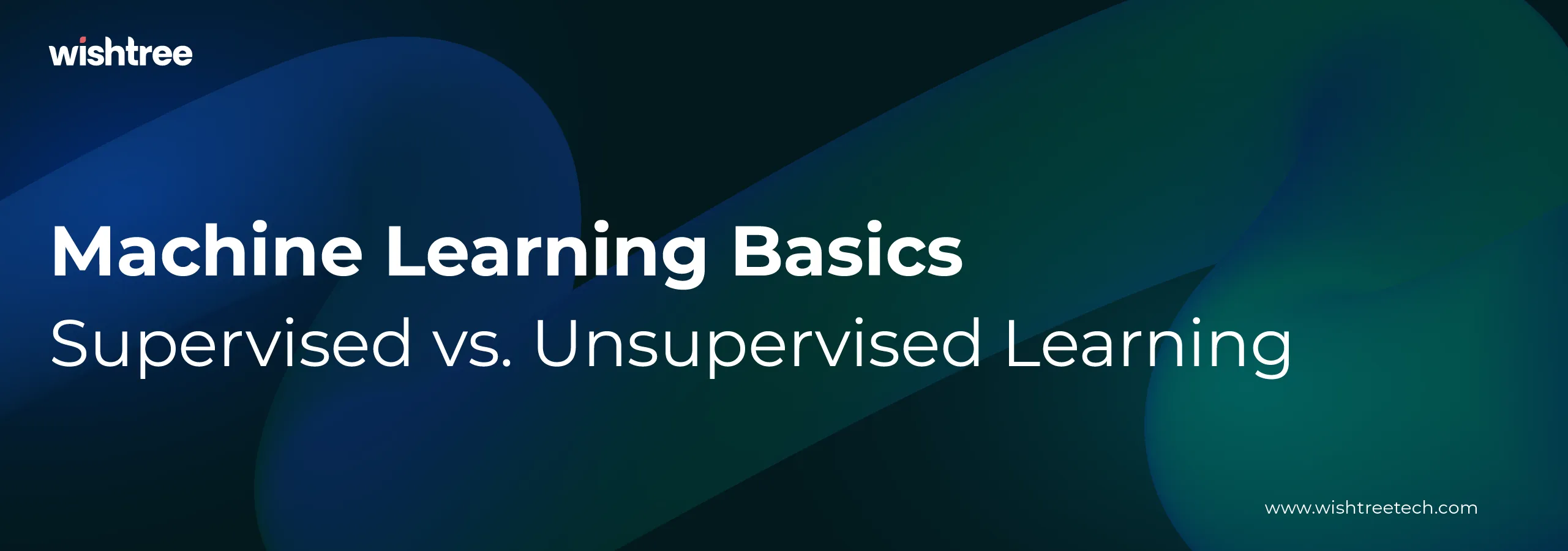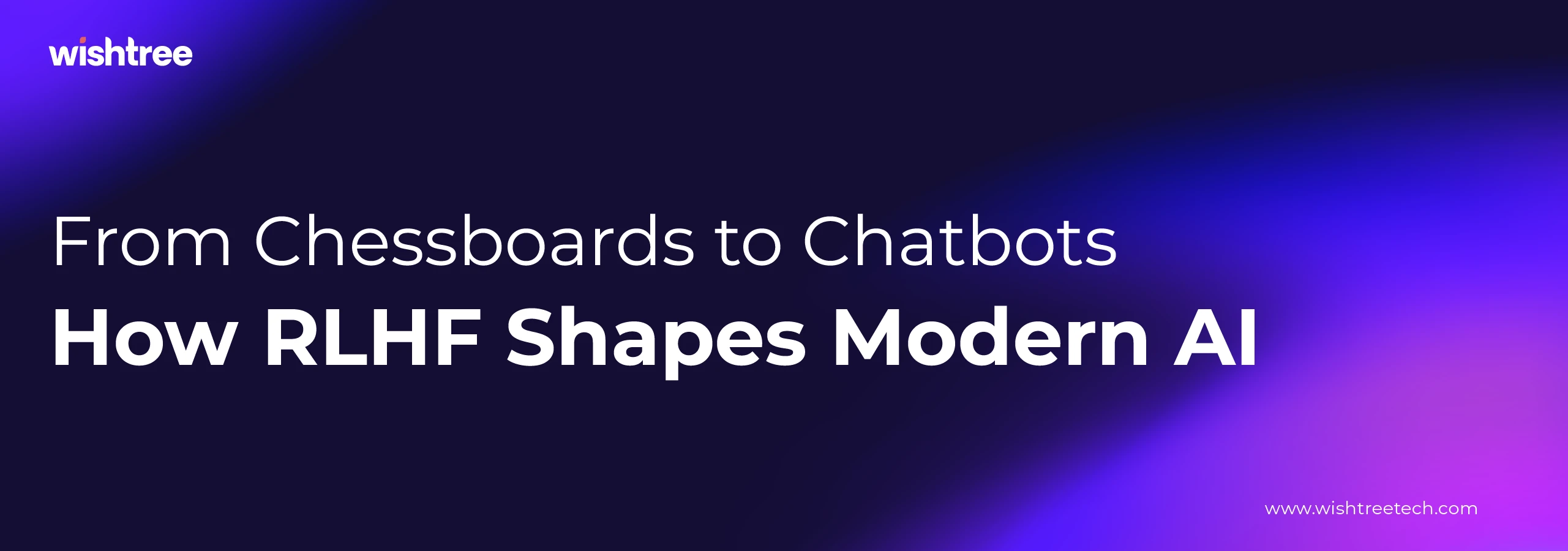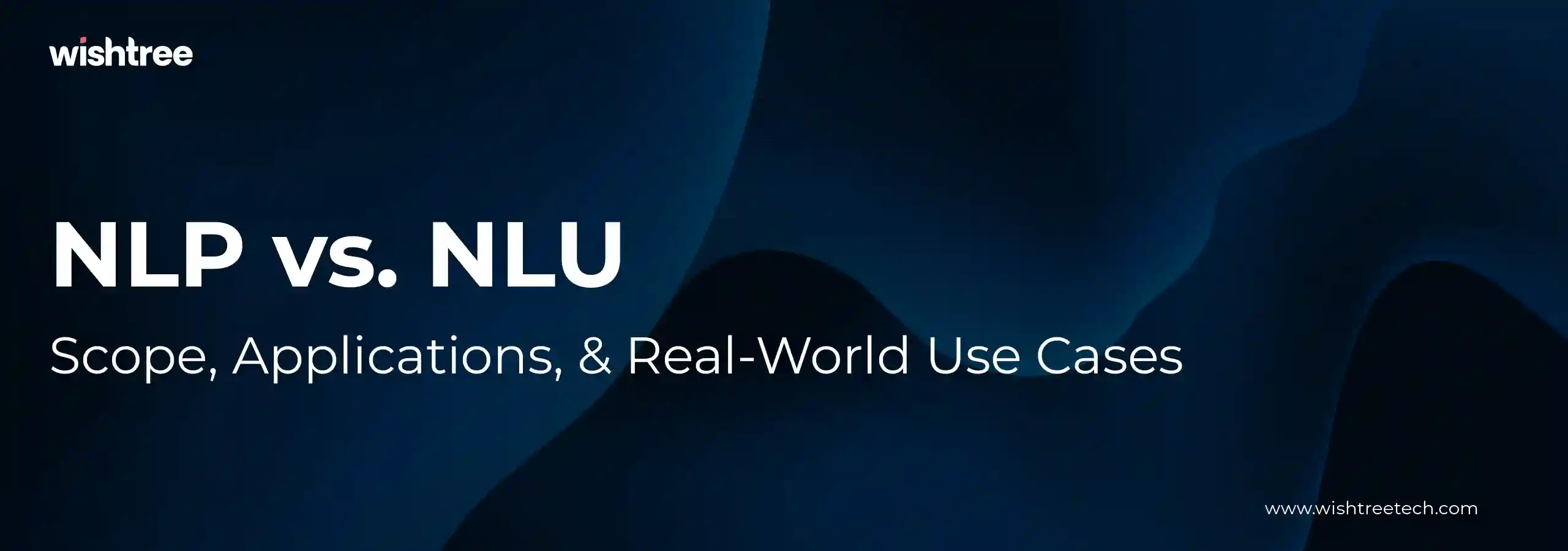Table of Contents
Introduction
Natural Language Processing (NLP) is leading a healthcare revolution, changing how medical professionals work with patient data and provide care. This powerful branch of artificial intelligence decodes human language, making it possible for computers to understand, interpret, and analyze medical information with remarkable precision.
NLP is making a difference in healthcare in several ways:
- Streamlined Operations: Automated documentation and data extraction make daily tasks easier
- Better Diagnoses: Advanced pattern recognition helps doctors make more accurate decisions
- Tailored Treatment: Data-driven insights allow for personalized approaches to patient care
In this guide, we’ll look at how NLP is transforming medicine. You’ll learn about:
- How NLP technology understands and processes medical language
- Real-world examples that are changing healthcare delivery
- Challenges faced when implementing NLP and how to overcome them
- The future of AI-powered healthcare systems
NLP’s integration into healthcare is a major step toward more efficient, precise, and patient-focused medical care. It gives healthcare providers the tools they need to prioritize what truly matters – delivering outstanding care to their patients.
Understanding Natural Language Processing (NLP)
Natural Language Processing (NLP) is a complex area of artificial intelligence that aims to enable computers to understand and communicate in human language. It allows machines to understand, interpret, and generate both written and spoken forms of human language.
Key Components of NLP Technology:
1. Text Analysis
- Pattern recognition in written text
- Sentiment analysis of medical narratives
- Entity recognition for medical terms
- Relationship extraction between clinical concepts
2. Speech Recognition
- Audio-to-text conversion
- Voice command interpretation
- Accent and dialect processing
- Medical terminology recognition
NLP systems analyze language using different levels of examination:
- Morphological Analysis: Breaking down words into smaller meaningful parts.
- Syntactic Analysis: Understanding the structure and grammar of sentences.
- Semantic Analysis: Interpreting the meaning of words and phrases.
- Pragmatic Analysis: Comprehending the context and intention behind statements.
In healthcare environments, NLP technology uses specific algorithms to deal with medical vocabulary, abbreviations, and clinical context. These systems rely on machine learning models that have been trained on large medical datasets to identify intricate patterns in clinical documentation.
The technology combines various methods to effectively process medical language:
- Rule-based systems follow predefined linguistic patterns
- Statistical models learn from extensive amounts of medical text
- Deep learning networks capture complex relationships within language
- Hybrid approaches combine multiple techniques for optimal outcomes
NLP systems continuously improve as they are exposed to new medical data, enhancing their capability to understand the subtleties of healthcare-specific language and professional terminology.
Applications of NLP in Healthcare
NLP technologies have transformed healthcare operations in various ways, making clinical workflows smoother and improving patient care. These applications include automating repetitive tasks and enabling advanced data analysis for better medical decision-making.
Clinical Documentation and Data Extraction
Every day, the healthcare industry generates huge amounts of unstructured data from sources like clinical notes, patient records, and medical literature. NLP systems play a crucial role in converting this raw information into structured, analyzable data through:
- Automated Text Classification: Categorizing clinical documents based on content, urgency, or medical specialty
- Named Entity Recognition: Identifying and extracting key medical terms, medications, diagnoses, and procedures
- Relationship Extraction: Understanding connections between medical concepts within clinical narratives
Healthcare providers are using NLP-powered tools to:
- Extract relevant patient information from clinical notes
- Identify potential diagnosis patterns
- Flag medication interactions
- Track disease progression through longitudinal analysis
Administrative Efficiency Through Automation
NLP systems significantly reduce the administrative burden on healthcare staff by:
- Claims Processing
- Automatic verification of medical necessity
- Identification of coding errors
- Detection of potential fraud patterns
- Records Management
- Real-time documentation during patient encounters
- Automatic population of electronic health records
- Standardization of medical terminology
The implementation of NLP in healthcare administration has shown tangible benefits:
“Healthcare organizations using NLP–powered solutions report up to 50% reduction in documentation time and 30% improvement in coding accuracy”
These systems also enhance quality control by:
- Identifying missing or incomplete information
- Ensuring compliance with documentation standards
- Maintaining consistency across patient records
- Facilitating seamless information exchange between different healthcare systems
The integration of NLP technologies in healthcare applications is continually growing, opening up new possibilities for better patient care and operational efficiency.
2. Speech Recognition and Virtual Health Assistants
Speech recognition technology has transformed clinical documentation by allowing healthcare providers to maintain eye contact with patients while recording important information. Medical professionals can dictate notes directly into Electronic Health Records (EHR) systems, creating real-time documentation that captures nuanced patient interactions with remarkable accuracy.
Key Applications of Speech Recognition in Clinical Settings:
- Real-time transcription during patient consultations
- Hands-free navigation of medical imaging systems
- Voice-controlled medical device operation
- Automated clinical documentation updates
Virtual health assistants powered by NLP take patient care beyond the clinic walls. These AI-driven tools engage patients through natural conversations, providing:
- Medication reminders and adherence tracking
- Symptom monitoring and assessment
- Appointment scheduling assistance
- Health education and lifestyle recommendations
Smart Virtual Assistants in Action:
“Virtual health assistants can detect subtle changes in patient responses, alerting healthcare providers to potential concerns before they escalate into serious issues,” – Healthcare AI Implementation Study, 2023
These AI companions serve as 24/7 support systems, answering patient queries and providing personalized health guidance. The technology adapts to individual communication styles, creating comfortable interactions that encourage patient engagement and treatment compliance.
Advanced NLP algorithms enable these virtual assistants to understand context and emotion in patient communications, delivering appropriate responses and escalating concerns to human healthcare providers when necessary.
Enhancing Diagnosis and Treatment with NLP
NLP technology is revolutionizing the way medical diagnoses are made by being able to analyze large amounts of unstructured clinical data. It employs advanced algorithms to examine patient records, medical literature, and research papers in order to uncover disease patterns and connections that human doctors might overlook.
How NLP Improves Diagnosis:
- Identifying rare combinations of diseases
- Detecting early warning signs by analyzing symptoms
- Comparing patient histories with similar cases
- Monitoring indicators of disease progression in real-time
The diagnostic process benefits from NLP’s comprehensive data analysis approach. Medical professionals can access instant insights from millions of data points, leading to faster and more accurate diagnoses. This technology proves particularly valuable in complex cases where symptoms may point to multiple conditions.
How NLP Improves Treatment:
- Analyzing genetic markers specific to each patient
- Considering lifestyle and environmental factors
- Evaluating patterns of treatment response
- Assessing risks based on demographic information
NLP systems enhance treatment effectiveness by analyzing patient outcomes across different therapeutic approaches. These systems can predict potential complications and suggest preventive measures based on historical data patterns. Healthcare providers use these insights to develop targeted treatment strategies that consider individual patient characteristics and response patterns.
The technology excels at identifying subtle relationships between symptoms, treatments, and outcomes by processing both structured medical data and unstructured clinical notes. This comprehensive analysis enables healthcare providers to make evidence-based decisions tailored to each patient’s unique medical profile.
Moreover, the field of clinical data science plays a crucial role in this transformation. By leveraging both structured and unstructured clinical data, it provides the necessary insights that drive the advancements we see in diagnostic and treatment methodologies today.
Integration Challenges of NLP in Healthcare Systems
The implementation of NLP solutions in healthcare environments presents significant technical and operational hurdles. Healthcare organizations face complex challenges when integrating these advanced technologies into their existing infrastructure.
Technical Infrastructure Requirements:
- Legacy system compatibility issues with modern NLP solutions
- Need for robust computing power and storage capabilities
- Integration with diverse data formats and sources
- Real-time processing demands for clinical workflows
- System scalability requirements for growing healthcare needs
Data Privacy and Security Concerns:
- HIPAA compliance requirements for patient data protection
- Secure data transmission between systems
- Access control and authentication protocols
- Data encryption standards
- Audit trail maintenance
Clinical Adoption Barriers:
- Resistance to workflow changes
- Learning curve for new technologies
- Trust in AI-driven decision support
- Time investment for training and adaptation
The ethical implications of NLP implementation demand careful consideration. Healthcare providers must balance the benefits of automated data processing against patient privacy rights and clinical autonomy. System designers need to address algorithmic bias and ensure transparency in decision-making processes.
Successful integration requires collaborative efforts between IT teams, healthcare providers, and NLP solution developers. Organizations must establish clear protocols for data governance, system maintenance, and regular performance evaluation to ensure optimal functionality while maintaining compliance with healthcare regulations.
The Future: AI-Augmented Healthcare Powered by NLP
The evolution of intelligent healthcare tools brings us closer to a transformative medical landscape where AI and NLP serve as powerful allies to healthcare professionals. This partnership between human expertise and artificial intelligence creates a healthcare ecosystem that maximizes both technological capabilities and human empathy.
Key Developments on the Horizon:
- Predictive Care Systems: NLP-powered tools will analyze patient conversations, vital signs, and medical histories in real-time to predict potential health issues before they become critical
- Personalized Treatment Optimization: AI systems will continuously learn from patient responses to treatments, enabling dynamic adjustments to care plans
- Advanced Clinical Decision Support: Healthcare providers will access instant, evidence-based recommendations drawn from global medical knowledge bases
- Automated Documentation Enhancement: Voice-activated systems will generate accurate clinical notes while maintaining natural doctor-patient interactions
The integration of NLP technologies promises to reshape healthcare delivery through:
- Reduced administrative burden on medical staff
- Enhanced diagnostic accuracy through comprehensive data analysis
- Improved patient engagement via intuitive communication interfaces
- Streamlined clinical workflows and resource allocation
These advancements position healthcare providers to focus on their core strength: delivering compassionate, patient-centered care. By combining human medical expertise with NLP-powered tools, healthcare systems can enhance, not replace, the deeply human aspects of care that remain irreplaceable even today.
Conclusion
The integration of NLP technologies marks a significant shift in healthcare delivery. This powerful language technology creates opportunities for:
- Enhanced patient care through automated documentation
- Improved diagnostic accuracy via comprehensive data analysis
- Streamlined clinical workflows that reduce administrative burden
- Personalized treatment approaches based on deeper patient insights
Healthcare organizations embracing NLP position themselves at the forefront of medical innovation. The technology’s ability to unlock meaning from vast amounts of unstructured medical data drives better clinical decisions and patient outcomes.
The path forward is clear: NLP-powered solutions will continue to reshape medical practice, creating a healthcare ecosystem where technology amplifies human expertise. By adopting these AI-driven innovations today, healthcare providers can build a stronger foundation for tomorrow’s medicine – one where the power of language technology combines with clinical excellence to deliver exceptional patient care.
At Wishtree Technologies, we see the incredible power of understanding language to make healthcare better for everyone. We’re actively creating smart tools for more personalized and effective care for patients.
Curious about how data-driven insights can elevate the quality of care you provide? Let’s have a conversation today!



